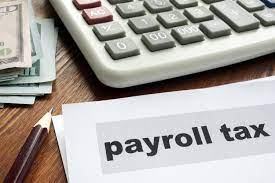- October 25, 2022
- Posted by: admin
- Category: Taxation

A Pay-As-You-Earn (PAYE) Tax reconciliation is a payroll tax reconciliation that verifies that the amount computed for PAYE tax matches the actual amount payable. Reconciliations on a regular basis reduce payroll tax exposure. An employer may perform a reconciliation exercise every quarter, every two years, or every year.
Before reconciling taxes, it is essential to verify the correctness and completeness of the payroll data because it serves as the input for payroll tax.
In Nigeria, it is the employer’s or a manager’s responsibility to withhold and pay PAYE taxes. Employers are required to submit an annual employer tax return (Form H1) that details the wages and taxes paid by their staff. A timely reconciliation helps find any gaps in the payroll report and eliminates the stress associated with the tax filing procedure.
The following procedures are often taken in order to evaluate the Pay-As-You-Earn (PAYE) tax computation:
- Gather information on every compensation, including one-time payments and ongoing payroll. The reporting period will cover January through December.
- Comparing the PAYE tax receipts’ overall amount to the computed tax amount Adjust any discrepancy.
- annualize each employee’s monthly take-home pay and taxes.
- Determine the annual PAYE tax depending on the applicable legislation.
- Compare the amount paid to the tax that was computed.
- Send the remaining amount to the appropriate tax authority if there is any tax due.


